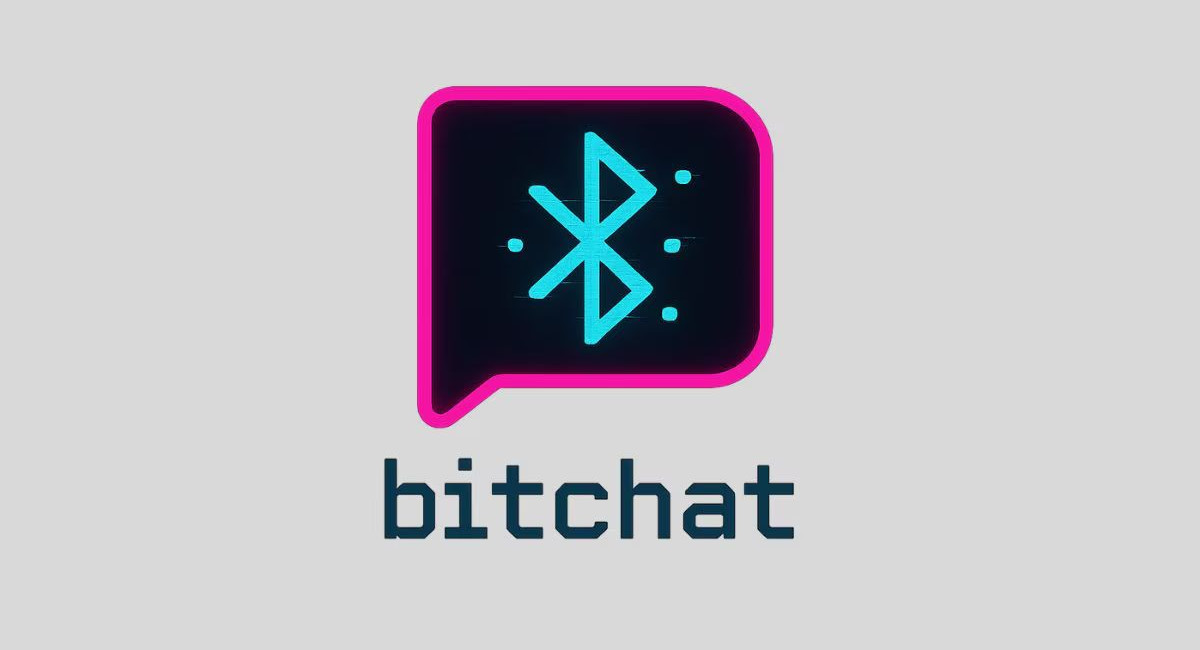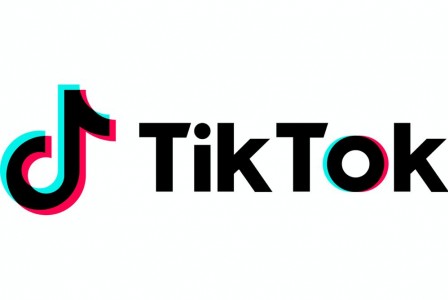SEARCH
Bitchat: A new messaging app that operates using Bluetooth

SHARE IT
Jack Dorsey, co-founder of Twitter, Bluesky, and Square, and a prominent advocate for Bitcoin, is now setting his sights on a new domain: private messaging. His latest venture, unveiled earlier this week, is called Bitchat — an app designed to offer secure, decentralized communication without relying on the internet or cellular networks.
According to a technical white paper published on GitHub, Bitchat operates using Bluetooth Low Energy (BLE) mesh networking. Unlike conventional messaging apps that rely on servers or centralized systems, Bitchat facilitates peer-to-peer communication by establishing direct Bluetooth connections between nearby devices. This approach, inspired by other offline messaging apps like Bridgefy, is particularly appealing to users who prioritize privacy and resilience in communication.
What makes Bitchat stand out, according to Dorsey, is its ability to function entirely offline, while still maintaining end-to-end encryption. The app allows messages to be relayed between users in close proximity, creating a kind of local mesh network where data hops from one device to the next. While standard Bluetooth connections typically have a limited range of around 100 meters, Dorsey claims that his implementation can extend up to 300 meters, increasing the reach and practicality of the system in everyday environments.
Dorsey described Bitchat as a “weekend project” and acknowledged that the development was aided by Goose, an open-source artificial intelligence tool created by his company Block. Goose is designed as a “vibe coding” assistant, enabling developers to experiment with software ideas quickly and collaboratively. Bitchat represents one of the more tangible outcomes of this creative process — a functional prototype that pushes boundaries in peer-to-peer communication.
In the white paper, Dorsey outlines the philosophical motivation behind the app. “Bitchat addresses the need for resilient, private communication that doesn’t depend on centralized infrastructure,” he writes. By using BLE mesh networking, the app offers an alternative model for communication — one that’s decentralized by design, potentially useful in scenarios where traditional networks are compromised or unavailable, such as during natural disasters, protests, or remote travel.
However, despite the promising concept, Bitchat has already drawn skepticism from parts of the tech community. Critics have pointed out that the authentication mechanism used in the app might leave it vulnerable to certain security threats. Specifically, researchers and privacy advocates have raised concerns about the potential for bad actors to intercept messages or impersonate users if the system’s protections are insufficient.
Dorsey appears to be aware of these issues. Alongside the public release of the app's code, he included a clear disclaimer noting that Bitchat is still very much in its early stages. “This software has not received external security review and may contain vulnerabilities,” the disclaimer reads. “Do not use it for production use, and do not rely on its security whatsoever until it has been reviewed.”
This level of transparency is relatively uncommon in the fast-moving world of app development, especially when it comes to projects from high-profile tech figures. By acknowledging the app’s limitations upfront, Dorsey seems to be positioning Bitchat as a work-in-progress — an open experiment rather than a finished product.
Still, Bitchat reflects Dorsey’s ongoing commitment to decentralization and his belief in empowering users through alternative technologies. It fits within a broader pattern of his recent projects, which include Bluesky — a decentralized social networking protocol — and Goose, the AI assistant geared toward creative and autonomous development. In each case, the goal is to challenge the dominance of centralized platforms and offer tools that prioritize user control and transparency.
As interest in offline and secure communication continues to grow, particularly in regions facing censorship or instability, apps like Bitchat could play an increasingly important role. However, whether Bitchat itself becomes a viable solution will depend not only on its technical development, but also on whether it can earn the trust of users through robust security measures and community-driven improvements.
In the meantime, Dorsey’s decision to share the code openly invites collaboration and scrutiny — a necessary step in building any truly decentralized system. Whether Bitchat evolves into a widely adopted messaging tool or remains a provocative prototype, it signals an important direction in the evolution of digital communication.
MORE NEWS FOR YOU

 Help & Support
Help & Support 

